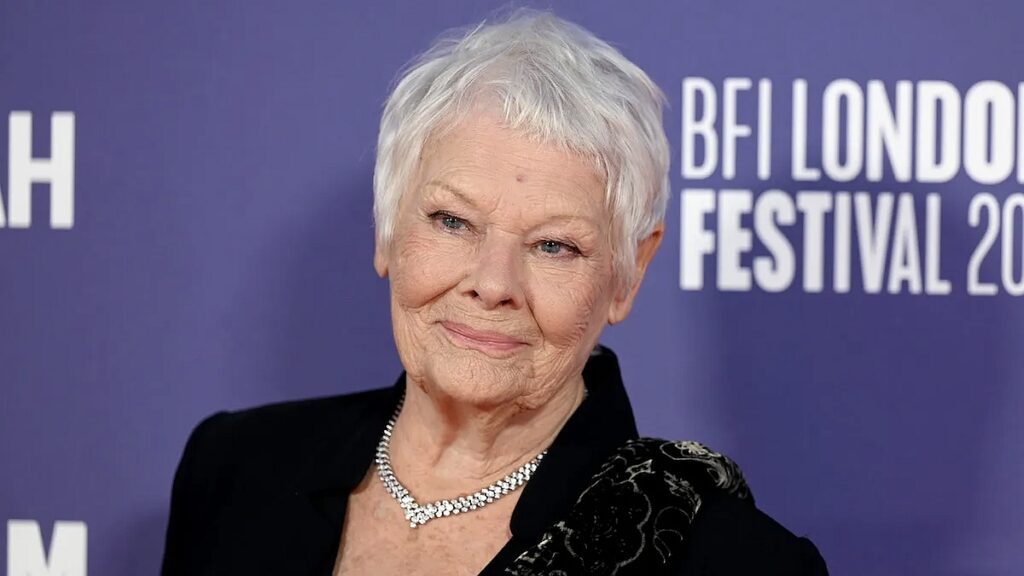Dame Judi Dench has pushed back against giving trigger warnings before stage plays, positing anyone who is “sensitive” enough to require one shouldn’t be attending the theater in the first place.
In an interview with Radio Times magazine, Dench said that while she realizes trigger warnings can sometimes be necessary, she believes they can negatively impact the experience of taking in a stage play.
“I can see why they exist, and it is preparing people, I suppose, but if you’re that sensitive, don’t go to the theater, because you could be very shocked,” Dench said. “Where is the surprise of seeing and understanding it in your own way? Why go to the theatre if you’re going to be warned about things that are in the play?”
The Oscar-winning actor continued, “Isn’t the whole business of going to the theatre about seeing something that you can be excited, surprised, or stimulated by? It’s like being told they’re all dead at the end of King Lear. I don’t want to be told.”
To put a button on her point, Dench added, “My God, it must be a pretty long trigger warning before King Lear or Titus Andronicus! Crikey, is that really what happens now?”
Dench was asked about trigger warnings in the context of comments made by Ralph Fiennes earlier this year. “I think the impact of theater should be that you’re shocked and you should be disturbed,” Fiennes told BBC One. “I don’t think you should be prepared for these things… It’s the shock, it’s the unexpected, that’s what makes an act of theater so exciting.”
Doctor Who star Matt Smith later joined the conversation by adding, “That’s why we go to the theater, isn’t it? To be shocked, to be arrested out of ourselves, to recognize ourselves in front and with an audience.”
While there’s merit to the idea of not spoiling the plot of a play, that’s not exactly the purpose of a trigger warning — nor should it drastically impact one’s experience at the theater. TV and film ratings existed for years, and trigger warnings were the logical next step once the impact of PTSD became widely understood.
